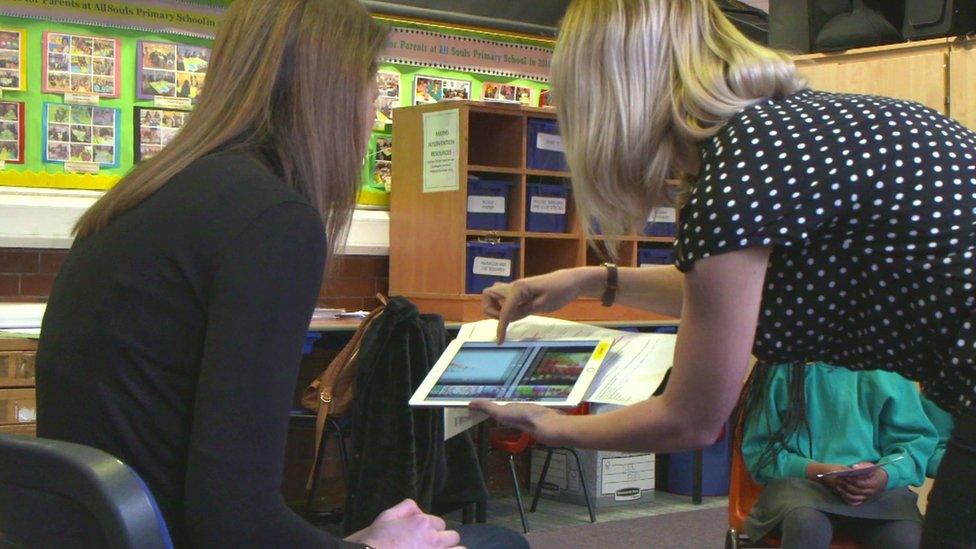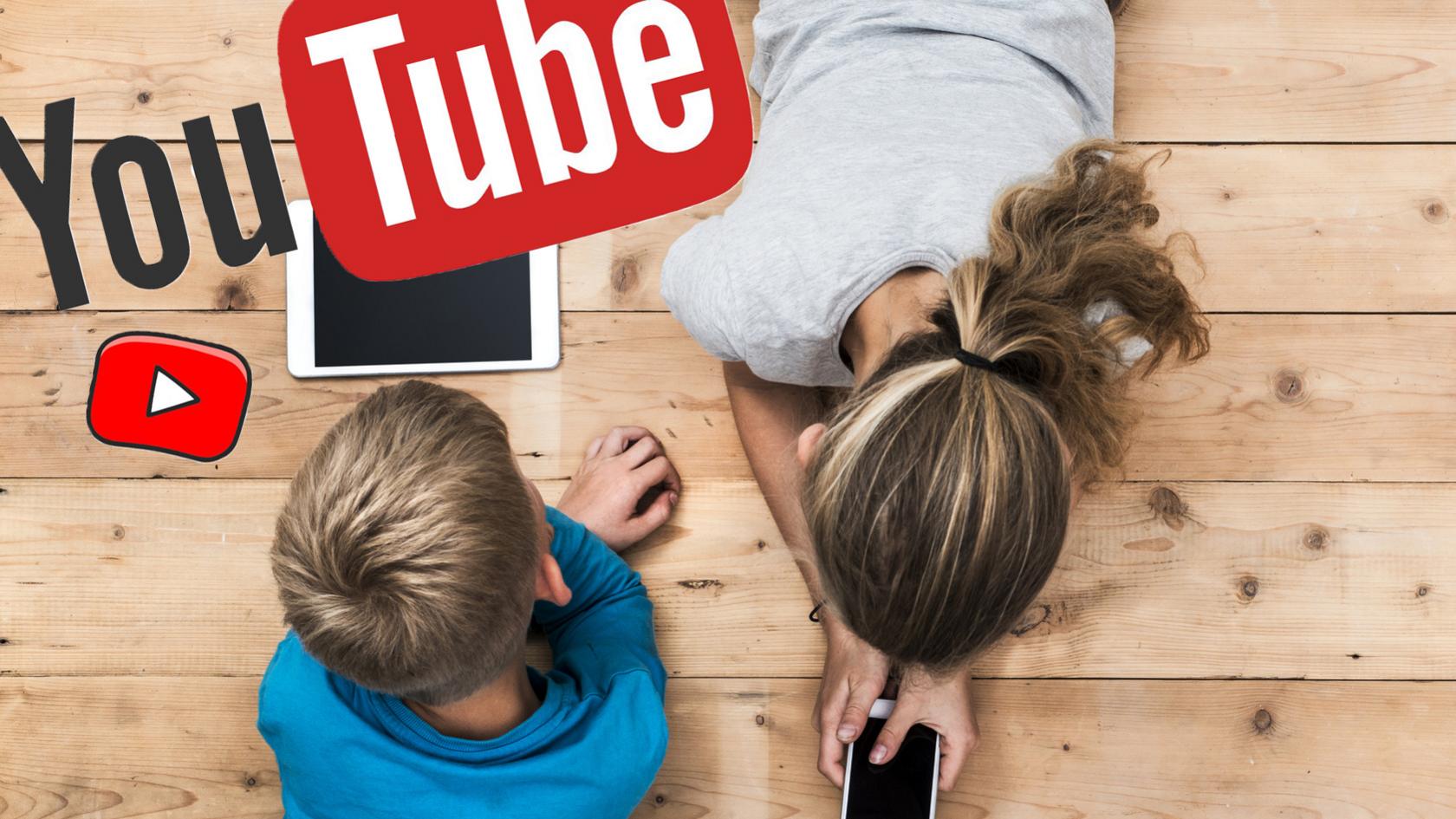A simple guide to what's going on at Cambridge Analytica
- Published
How Social Media uses our information
If you've ever shared, liked or commented on something on social media, then you should read this Newsround guide.
Everything we do online builds up a picture of our personalities. Everything we like, share or comment on, plus everyone we are friends with, means there are lots of bits of information online about our personalities, our hobbies, and our likes and dislikes.
Social media companies use this information to make money. They sell it to companies who want to know what we might want to buy next, where we might want to go at the weekend or even what new TV shows we might want to watch.

Why is this in the news?
It's a huge story right now because people are wondering whether this information might have helped Donald Trump to get elected as president of the US.
Knowing someone's personality - what they like, what they don't - might tell us more about them, including, for adults, how they might vote in an election.
And that might help politicians work out how to target particular voters on social media.
Now it's claimed that a company called Cambridge Analytica used information from a Facebook personality quiz to find out about the personality of thousands of people who took the quiz.
They also got information on millions of their online friends as well.
Facebook has said that it believes data from up to 87 million people was shared with the company, which is more than was previously thought. It is believed about 1.1 million of those people are based in the UK.
Cambridge Analytica has disagreed with this figure though.

Do you think about what happens to the information you're sharing on social media?
It's also been claimed that Cambridge Analytica used this information about people's personalities, without their permission, to help the campaigns of politicians, including Donald Trump.

What's happened now?
There are rules that mean companies like this should be very careful about what they do with our information.
The claims about Cambridge Analytica and Facebook are now being investigated.
Cambridge Analytica says it didn't do anything wrong and says it only uses information which has been taken legally and fairly.
The company have also suspended the head of the company Alexander Nix. This means he won't work there until they figure out what's going on.
Facebook says it has made changes to try to stop this happening again and is also carrying out its own investigation.
Mark Zuckerberg, the founder of Facebook, has admitted that the social network "made mistakes" and that he's "really sorry".
He promised that his company would take action.
- Published29 September 2017

- Published6 February 2018

- Published9 February 2018

